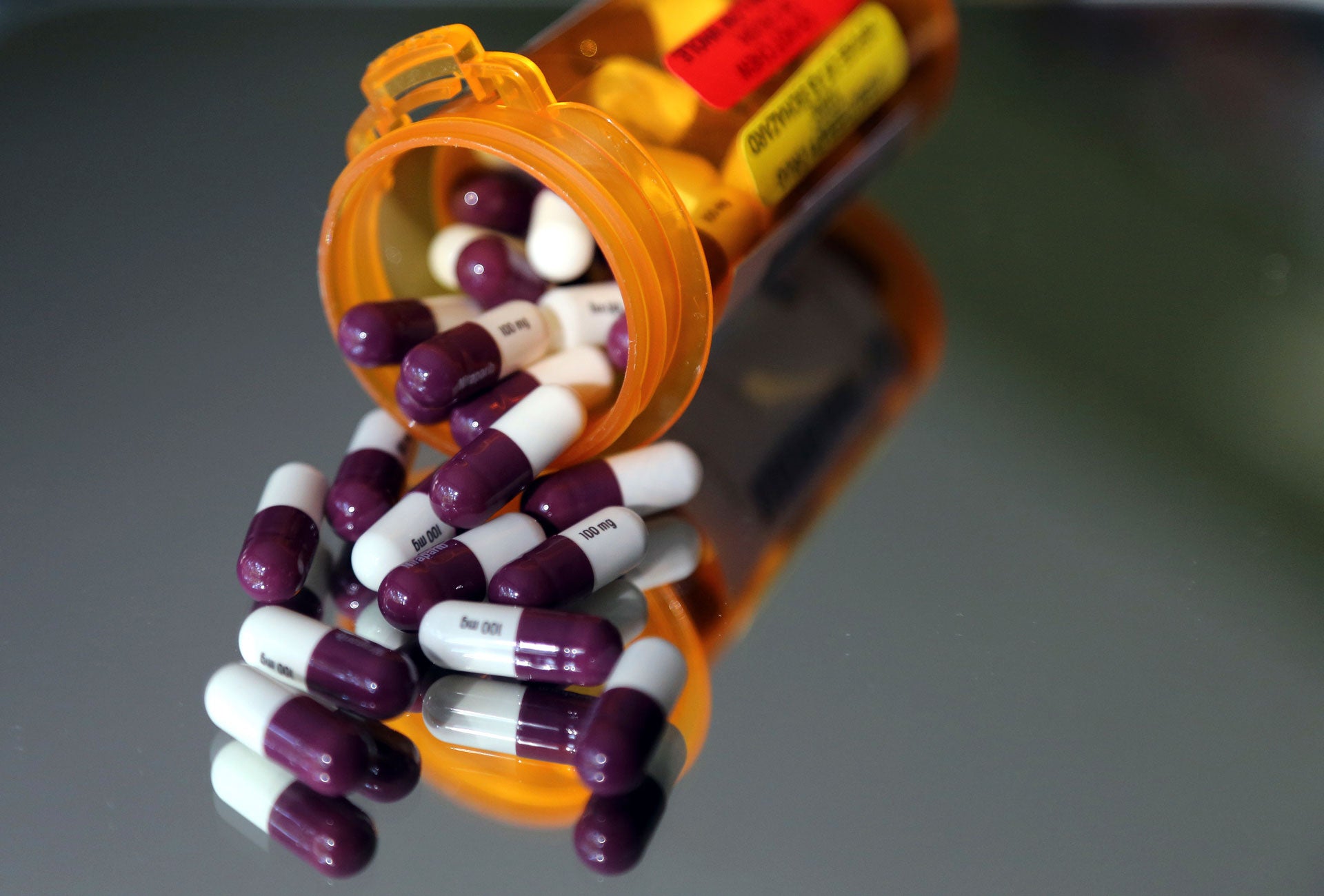An Opportunity to Lower Drug Costs in the US
Last week, members of the United States House of Representatives reintroduced a bill to lower prescription drug costs.

Congress now has the chance to provide relief for millions of people in the US struggling to afford vital medicines. For many in the US, health care is a privilege they simply cannot afford. Soaring prices, insurance coverage limitations, and high deductibles and copays result in out-of-pocket costs that undermine the right to health. Patients delay or forgo care due to these costs, worsening health outcomes. Bills drive millions of people into financial distress, debt, or bankruptcy. And people with low incomes and communities of color are most affected. While the cost of prescription medication is only one piece of the crisis, its impacts are felt widely. A 2019 Kaiser Family Foundation poll found that nearly 30 percent of adults in the US had not taken prescribed medication as recommended in the past year because of the cost. Instead of refilling expensive prescriptions, people skip doses or cut pills in half. Nonadherence to prescribed medication poses serious dangers. A November 2020 study estimated that cost-related medication nonadherence will cause 1.1 million premature deaths among Medicare beneficiaries over the next 10 years. But it doesn’t have to be this way.
The bill reintroduced last week, the Elijah E. Cummings Lower Drug Costs Now Act, or H.R.3, centers on Medicare, a government program that provides healthcare coverage for more than 60 million people in the US over the age of 65. It would lower drug costs by, among other reforms, overturning a restriction on Medicare’s ability to directly negotiate drug prices with pharmaceutical companies and limiting yearly drug price increases to the rate of inflation. But these proposed changes would also make medicine more affordable for everyone, including those not covered by Medicare and the uninsured. In 2019, the Department of Health found that, over the next 10 years, just these two reforms would reduce out-of-pocket costs for US households by over $91 billion and lower premiums by nearly $29 billion.
The international human right to health includes equal and affordable access to essential medications. While much more is needed to address the systemic crisis of affordability in the US healthcare system, Congress can have a tremendous positive impact on the rights of millions of people in the US by passing H.R.3.
Read the full article at the original website
References:
- https://energycommerce.house.gov/newsroom/press-releases/pallone-neal-and-scott-re-introduce-historic-prescription-drug-price
- https://files.kff.org/attachment/Topline-KFF-Health-Tracking-Poll-February-2019
- https://global-uploads.webflow.com/5e5972d438ab930a0612707f/5fa9bf4419f4da03a7daf190_WHPC-Xcenda_NonAdherence%20Population%20Model_Report_22Oct2020r.pdf
- https://www.cbo.gov/system/files/2019-12/hr3_complete.pdf
- https://www.cms.gov/Research-Statistics-Data-and-Systems/Research/ActuarialStudies/Downloads/HR3-Titles-I-II.pdf
- https://www.who.int/medicines/areas/human_rights/en/
